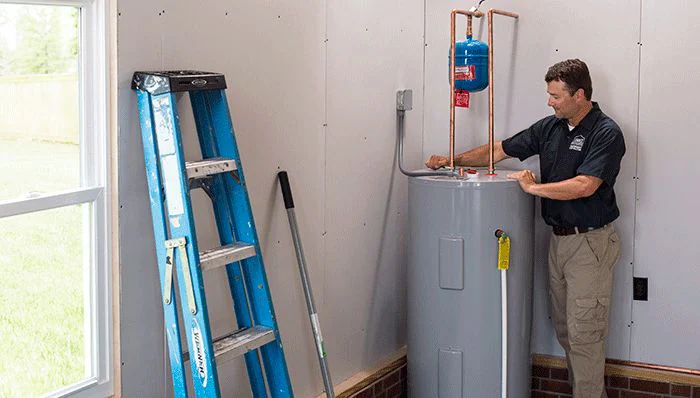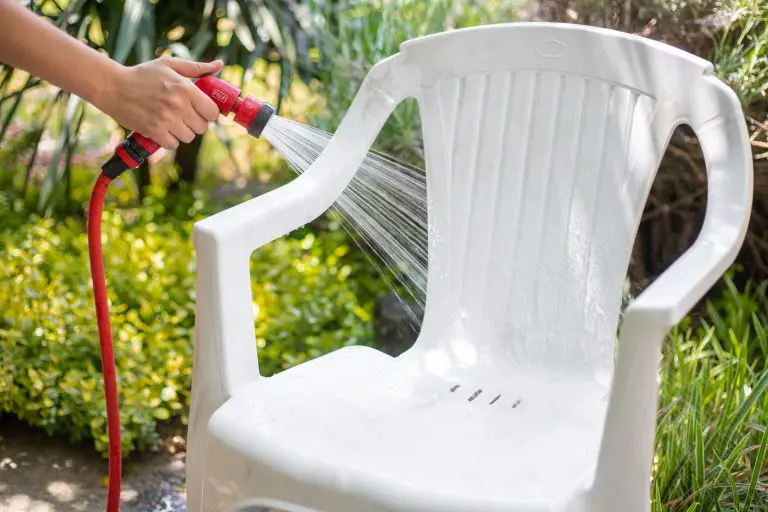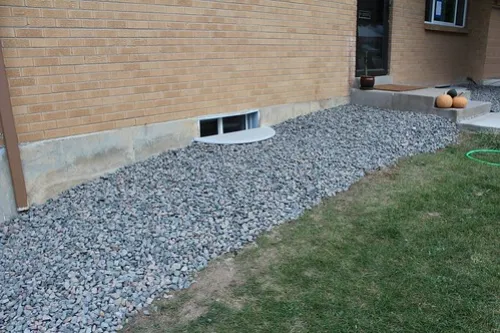Should I Repair or Replace My Hot Water Heater?
When it comes to hot water heaters, most homeowners face the dilemma of whether to repair or replace their existing system when it fails. This decision can be a difficult one, as there are both advantages and disadvantages to each option. On one hand, a repair can be the more cost-effective option, but it may not be the best long-term solution if the system is older or has an inherent flaw that could cause future issues. On the other hand, replacing a hot water heater can be more costly in the short term, but it may be the better option in the long run if the system is old and inefficient. Ultimately, the decision to repair or replace a hot water heater should be based on the specific needs of the homeowner and the condition of the system.
Determining If Your Hot Water Heater Needs Repair or Replacement
Hot water heaters are a critical component of any home, providing essential hot water for showers, dishwashing, and other tasks. Unfortunately, they don’t last forever and will eventually need to be repaired or replaced. The lifespan of a hot water heater depends on several factors, including size, the type of fuel used, and the quality of the installation. The average lifespan of a gas hot water heater is 8-12 years and an electric hot water heater is 10-15 years.
If your hot water heater is nearing the end of its average lifespan, it is important to be on the lookout for signs that it may need to be serviced or replaced. Here are some common signs that your hot water heater may need to be repaired or replaced:
- Leaks or Drips: Leaks or drips usually indicate a problem with the tank or the heat exchanger. This could be due to corrosion, a faulty pressure relief valve, a broken pipe, or a broken seal. If your hot water heater is leaking, it is important to have the issue addressed right away to prevent further damage.
- Strange Sounds: If you hear banging, rumbling, or other strange sounds coming from your hot water heater, it could be an indication that sediment has built up in the tank, which can cause damage over time.
- Low Hot Water Output: If your hot water output has suddenly decreased, it could be due to a faulty temperature and pressure relief valve, or a damaged heating element.
- Discolored Water: If you notice that your hot water is discolored or rusty, it could be due to corrosion in the tank or a broken pipe.
If you are experiencing any of the above issues, it is best to contact a professional for advice. They will be able to diagnose the issue and determine if your hot water heater needs to be repaired or replaced. If you find that you need to replace your hot water heater, make sure to choose a model that is the correct size and fuel type for your home.
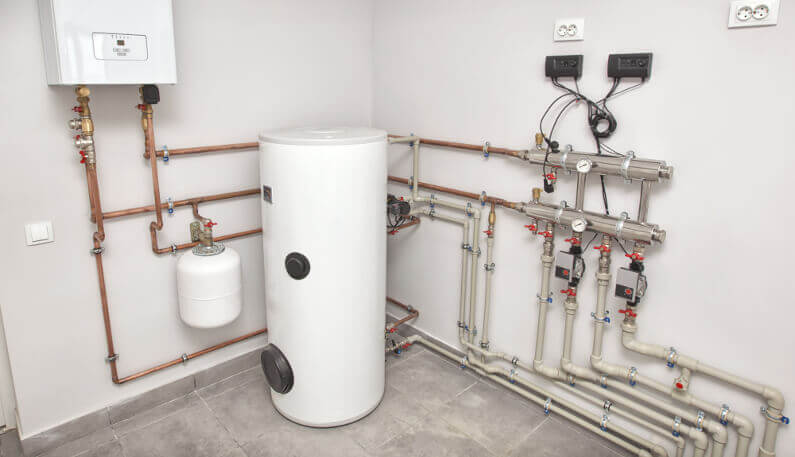
Credit: suburbanplumbingoc.com
Advantages of Repairing Your Hot Water Heater
When it comes to the comfort of your home, few things are as important as having a reliable hot water heater. Having a hot water heater that’s functioning properly is not only important for your daily habits, but it’s also essential to the overall health of your household. Without a functioning hot water heater, it can be difficult to bathe, clean, and do laundry. Thankfully, there are many advantages to repairing your hot water heater rather than replacing it. Here are just a few of the benefits of repairing your hot water heater:
- Cost Savings – By repairing your hot water heater, you can save hundreds of dollars in comparison to replacing it. When you factor in the cost of the replacement unit, installation, and any additional materials, replacing your hot water heater can get very expensive. Repairs, on the other hand, can be a much more cost-effective solution.
- Time Savings – Replacing a hot water heater can take days or even weeks depending on the age of the unit and the availability of a replacement. By repairing your hot water heater, you can have hot water in your home much faster than if you opted to replace it.
- Energy Savings – Depending on the age of your hot water heater, you could see a significant increase in energy efficiency with a repair. Hot water heaters are becoming increasingly efficient and by repairing your existing unit, you could see a decrease in your energy bills.
- Environmental Benefits – Repairing your hot water heater is much better for the environment than replacing it. By not having to dispose of your old unit and purchase a new one, you’ll be reducing the amount of energy and resources used in the manufacturing and transport of the replacement.
When it comes to your hot water heater, there are many advantages to repairing it rather than replacing it. Not only can you save money and time, but you can also reduce your energy bills and be more environmentally friendly.
Advantages of Replacing Your Hot Water Heater
Replacing your hot water heater is a great way to ensure you have reliable, consistent hot water in your home. Here are a few advantages to consider when deciding if replacing your hot water heater is the right choice for you:
- Improved Efficiency: A new, energy-efficient hot water heater can save you up to 20% on your energy bill each month. This is because new models are designed to use less energy to heat the same amount of water. This efficiency also results in reduced wear and tear on the unit, which translates to fewer repairs or replacements in the future.
- Increased Safety: Older hot water heaters can be at greater risk of explosion due to the buildup of pressure in the tank. The installation of a new hot water heater can reduce the risk of explosion, as the unit is designed to automatically shut off if the pressure is too high. Additionally, newer systems are equipped with sensors that can detect gas or carbon monoxide leaks, helping to protect your family from dangerous fumes.
- Longer Lifespan: Newer hot water heaters are built to last longer than their older counterparts. Depending on the type of hot water heater you choose, you could experience a lifespan of up to 15 years or more. This is especially true of tankless hot water heaters, which have a much longer lifespan than traditional tank-style models.
Replacing your hot water heater is a great way to ensure you and your family have reliable hot water for years to come. The improved efficiency, increased safety, and longer lifespan of a new hot water heater make it an excellent investment for any home.

Credit: www.asterlingplumbingcolumbus.com
Cost Comparison of Repairing Versus Replacing Your Hot Water Heater
When it comes to hot water heaters, one of the most common questions is whether to repair or replace them. There are several factors to take into consideration when making this decision. Cost is obviously a major factor, and the cost comparison between repairing and replacing your hot water heater can help you make the right decision.
Repairing a hot water heater is typically less expensive than replacing it. Depending on the age and condition of the unit, a repair may be as simple as replacing a part or two, or as complex as replacing the entire unit. The cost of parts and labor can vary greatly, so it’s important to get a few estimates before making a decision.
Replacing a hot water heater is more expensive, but sometimes it’s the only option. Replacing an older unit with a new, energy-efficient model can save you money on your energy bills in the long run. Additionally, the cost of a new unit can be spread out over time with financing options.
Ultimately, the decision between repairing and replacing a hot water heater should be based on your budget, the age and condition of the unit, and the potential cost savings of a newer, more efficient model. Taking the time to weigh the cost comparison between repairing and replacing your hot water heater can help you make the best decision for your particular situation.
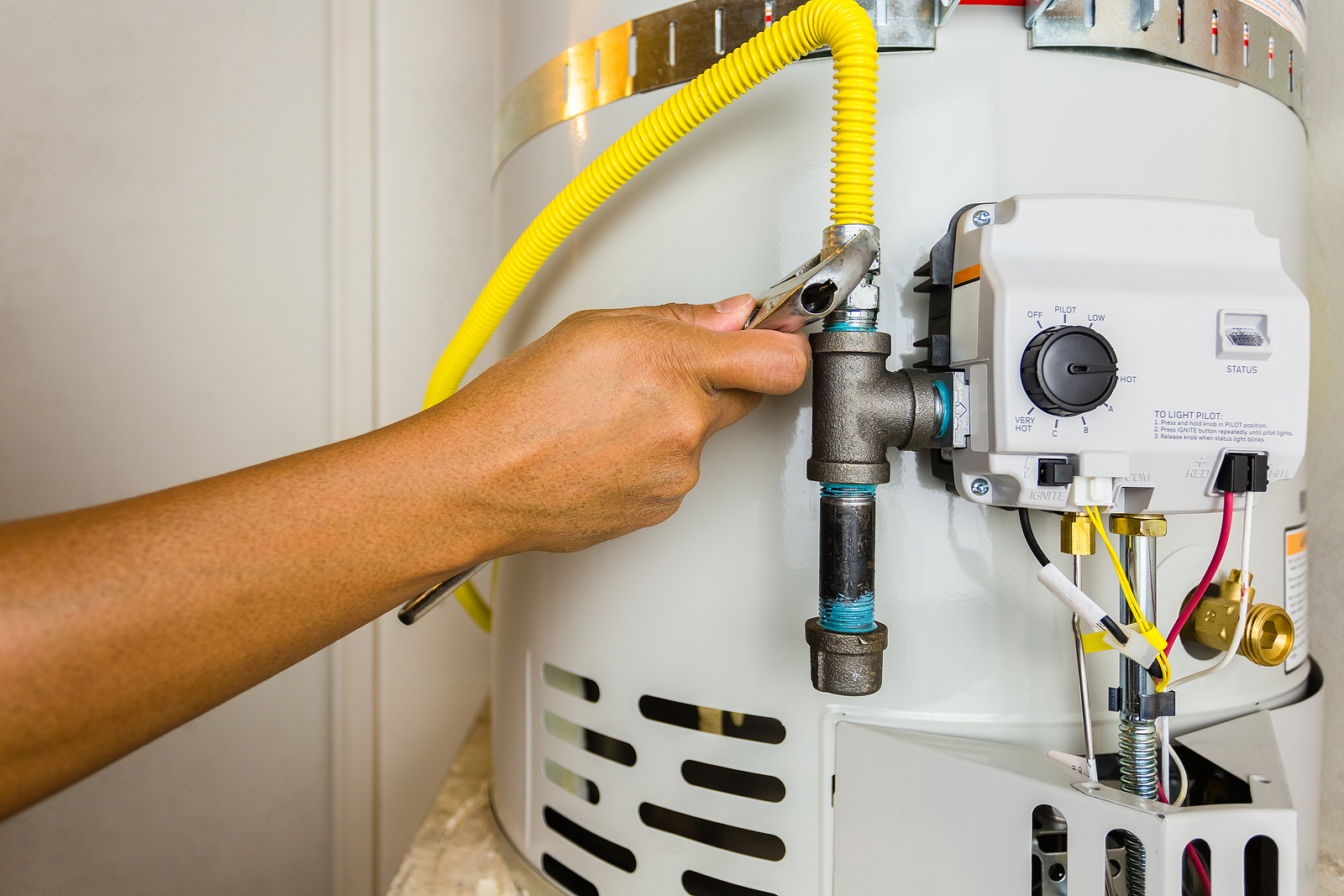
Credit: www.allamericanpha.com
Tips for Maintaining Your Hot Water Heater to Avoid Future Issues
Check the Pressure Relief Valve – It is important to check your pressure relief valve once a year. This valve is responsible for reducing pressure and temperature inside the water heater if they become too high, and should be tested by opening it and allowing some water to escape. If it doesn’t open or shut properly, it should be replaced.
Insulate Your Hot Water Heater and Pipes – Insulating your hot water heater and pipes can help to keep the water warm and reduce the amount of energy used, saving you money. Make sure to use the correct insulation and follow all safety precautions.
Drain the Tank to Remove Sediment – Sediment can build up in your tank over time and reduce its efficiency. Draining the tank periodically should help to keep it running more smoothly.
When Should A Water Heater Be Replaced?
Conclusion
Ultimately, the decision to repair or replace your hot water heater depends on the age and condition of the current unit and your budget. If the unit is old and no longer functions as well as it should, it may be more cost-effective to replace it. On the other hand, if it is relatively new and in good condition, repairing it may be the better option. Consider the different costs and benefits associated with both options to make the best decision for your home.

